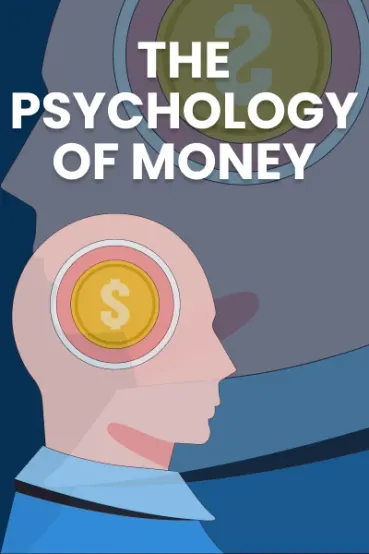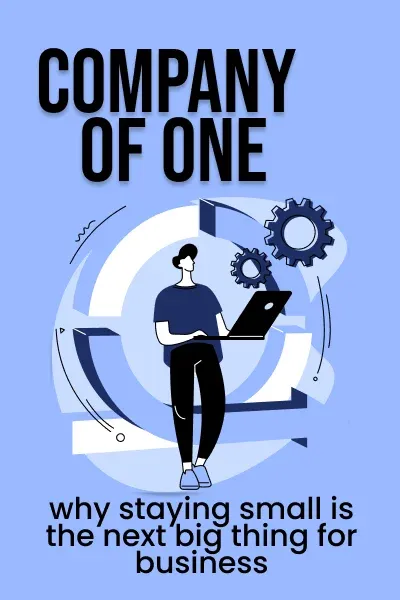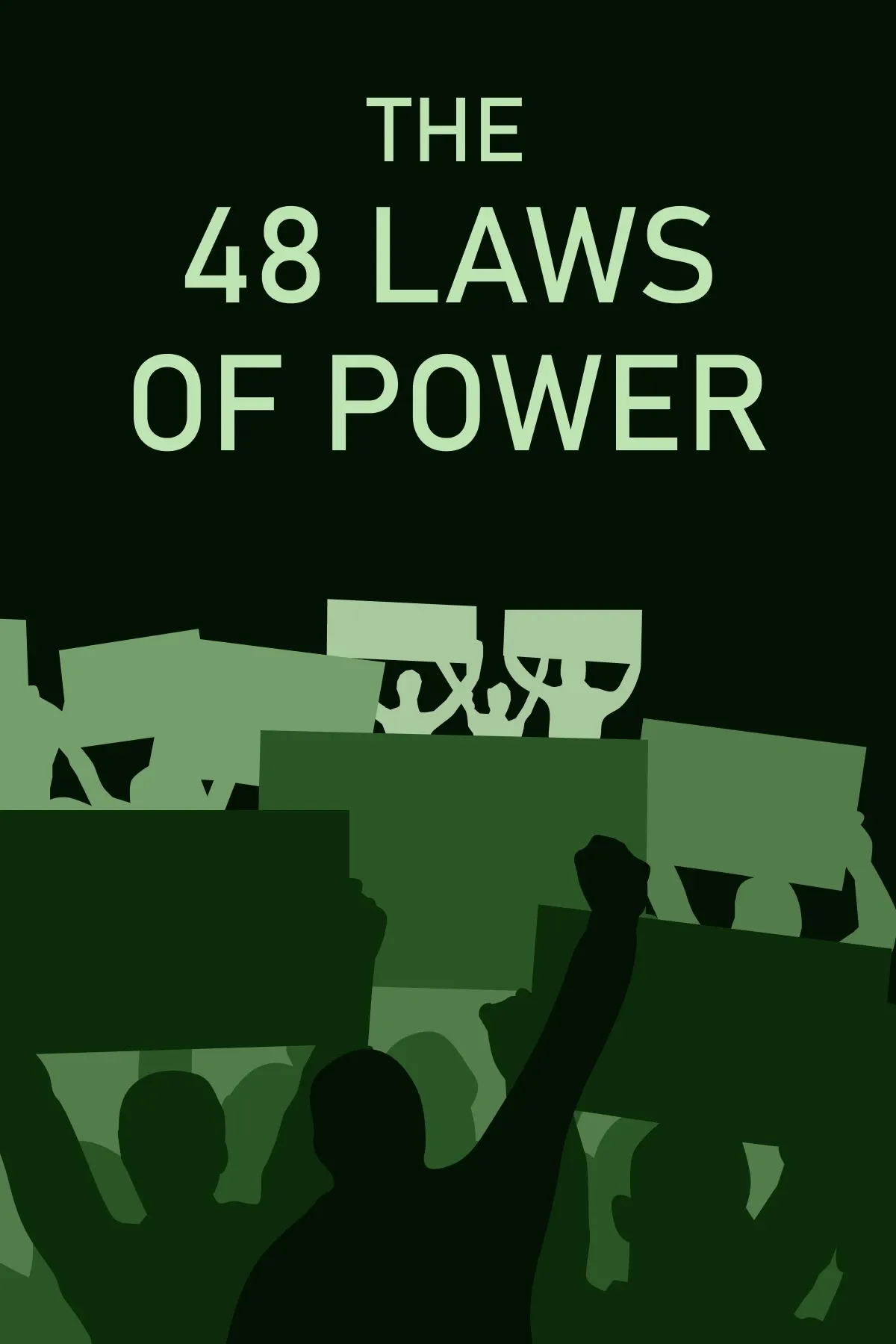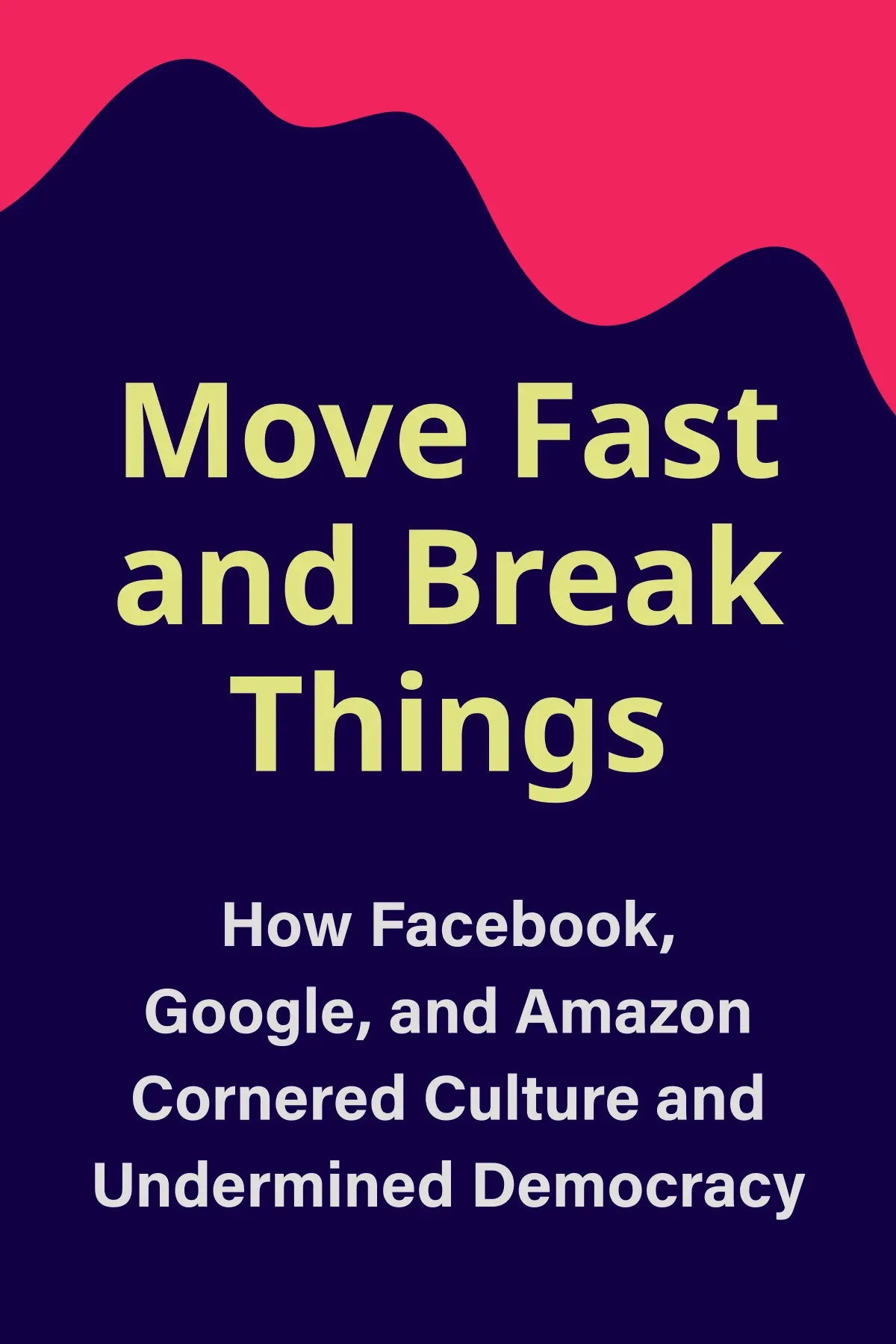
The Psychology of Money
Brief Summary
“The Psychology of Money” is an accessible primer to the world of money that explores how we can become more wealthy and prosperous. This book can help you to change your attitude toward money and learn how to multiply it.
Topics
Key points
Key idea 1 of 11
Each person has their own unique experience acquired during his life. In our actions, we typically rely on experience and not theoretical knowledge. The field of money is not an exception. Attitudes towards money can differ among people with different experiences. What seems crazy to you may seem efficient and workable to your friend.
This is not because someone is smarter or has a greater financial knowledge base. This is usually the result of our background. All people are in different conditions from the beginning. Someone is born into a wealthy family in a developed country and has the chance to study in a school with the latest equipment. Another is born into a low-income family in times of inflation and must work instead of studying. It is our experience that shapes our ideas about money and how we treat it.
For example, it is widely believed that the Great Depression of the 1930s affected every American and caused significant damage to every family in the country. However, when John F. Kennedy was asked about his life during the Great Depression, his answer may have surprised the audience. The Kennedy family was wealthy, and in times of crisis, their wealth was worth more than ever. John's father could afford to create more new jobs to service his estate and give people jobs. John Kennedy learned about the Great Depression only from the pages of history books at Harvard. This had a tangible impact on his election campaign. People wondered how it was possible to entrust the country's economy to someone who had not personally experienced the crises of this country's past.
Another example of how people can treat money differently due to their background is lottery tickets. Every year, the average representative of the poor class of the United States spends more than four hundred dollars on lottery tickets. However, according to statistics, forty percent of Americans would be unable to find four hundred dollars in an unforeseen situation. Most likely, these are the same people who spend this money on the unlikely chance of winning a million annually. This fact may seem ridiculous to you, but what would you think if you belonged to the poor class? Maybe you would see this as your last hope to get rich.
FAQ
You may also like these summaries











